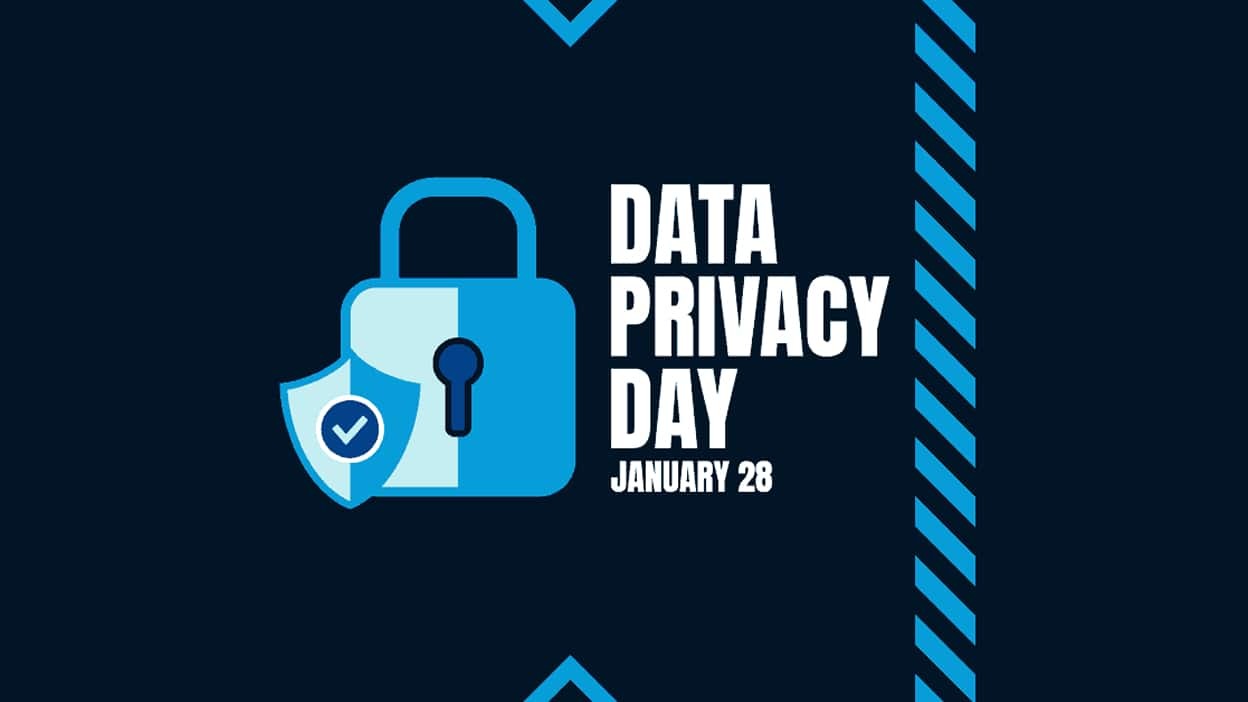While this data can enhance user experiences and fuel business growth, it raises concerns about privacy and security. As we commemorate Data Privacy Day 2024, let's explore the significance of protecting personal data and how individuals can take control of their online privacy.
Data Privacy Day, observed annually on January 28, commemorates the anniversary of Convention 108, the first international treaty dedicated to safeguarding personal data. Organizations like ours at UNICOM Engineering leverage this day to raise awareness and promote best practices in data privacy. Here are some great steps to take to strengthen your online privacy.
Check your social media privacy settings
Social media platforms, including Snap, Instagram, TikTok, and Twitter/X, offer privacy settings that empower users to control the collection and use of their data. Reviewing and adjusting these settings can enhance your online privacy.
Limit sharing of location data
Be selective about granting access to your location data. Opt-out when unnecessary, as this information is often used for personalized ads. Ensuring control over location permissions on your mobile devices adds an extra layer of privacy.
Keep devices and apps updated
Regularly update your software, web browsers, and operating systems to protect against the latest online threats. Enabling automatic updates ensures your devices have the latest security features.
Use a Password Manager
Safeguard your accounts with strong, unique passwords. Password managers generate and store secure passwords and assist in managing and updating them, reducing the risk of unauthorized access.
Enable two-factor authentication
Add an extra layer of security to your accounts by implementing two-factor authentication. This simple step significantly enhances protection against unauthorized access.
Utilize end-to-end encryption for messaging
Secure messaging applications like Signal and ProtonMail offer end-to-end encryption, ensuring that only you and the intended recipient can access your messages. This is crucial when sharing sensitive information with friends and family.
Turn off personalized ads
Take control of ad personalization by adjusting settings in popular applications. Guides for turning off ad personalization are provided for Google, Apple, Snapchat, TikTok, Pinterest, and Twitter/X.
Reflections on GDPR and privacy
As we mark Data Privacy Day 2024, it's essential to reflect on the impact of regulations like the General Data Protection Regulation (GDPR). While the GDPR has significantly advanced global privacy standards, specific applications have raised concerns. Most importantly, the focus on data localization and the broad interpretation of IP addresses as personal data have sparked debates.
Data localization and privacy
The GDPR's emphasis on data localization, particularly in cross-border data transfers, has unintended consequences for cybersecurity. Striking a balance between privacy and the benefits of global cybersecurity measures is crucial to avoid hampering adequate protection.
IP addresses and privacy
The GDPR's interpretation of IP addresses as always personal data can lead to challenges in cross-border data flows. Proposing a nuanced approach that considers whether an entity can link an IP address to an individual is essential for fostering global cybersecurity measures without compromising privacy.
As we celebrate Data Privacy Day 2024, we must recognize the strides made in safeguarding personal data through regulations like the GDPR. However, a nuanced and adaptive approach is needed to ensure that privacy measures align with the evolving landscape of cybersecurity. By following best practices and advocating for privacy-conscious policies, individuals and organizations can contribute to a safer and more secure digital future.
